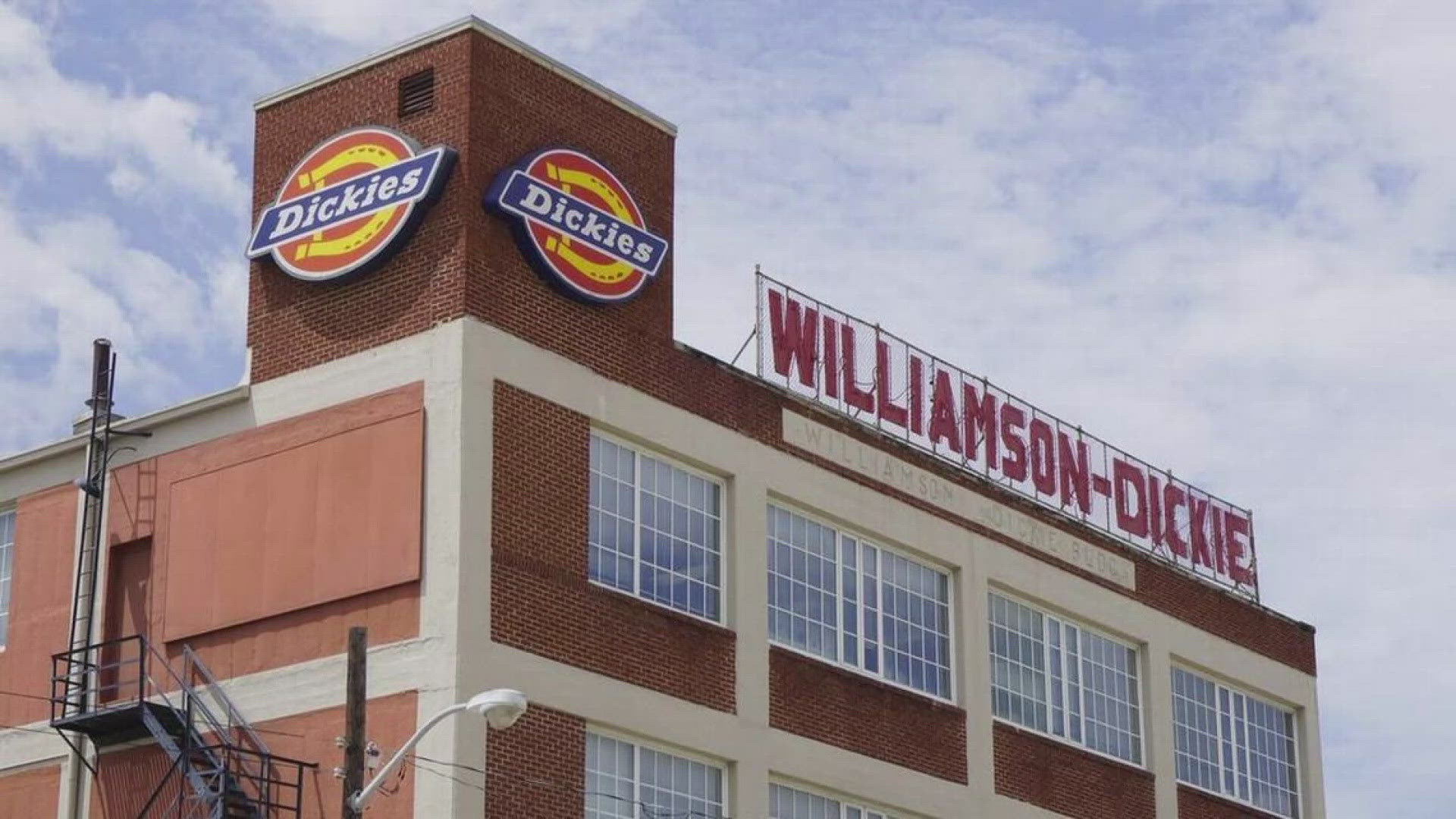DALLAS — Kate Weiser wasn’t sure how she found herself in the nearly empty grocery store aisle, hunting down disinfectants that were nowhere to be found.
Maybe she had been reading too many headlines. But her anxiety started to creep in at the beginning of March as she created new sanitizing policies for her gourmet chocolate shop.
Her employees were to clean — every hour, on the hour — to try to mitigate the possible spread of the coronavirus, which was just starting to worry North Texans.
Her team listened as she outlined the new procedures in their Trinity Groves packaging and shipping facility, Weiser realized the moment was about more than new policies.
“You’re just looking at these wide eyes, and everyone was just like absorbing this new cleaning procedure,” Weiser said. “I remember in that meeting thinking, ‘Wow, this is really changing my business and I think it’s only going to get worse.’”
The real struggle came after she explained the cleaning procedures, when employees started asking questions she didn’t yet have the answers for.
“Are we still working?” The answer would turn out to be yes, at least for the next few weeks. As Dallas County restrictions became tighter, Weiser closed her NorthPark Center stand and the Shops at Clearfork location.
“Do we still have our jobs?” For many of her employees, the answer would be no. As traffic to the store plummeted, and Weiser moved out of what she called denial, she had to lay off all but two of her employees.
“It happened super-fast … I remember my biggest concern was keeping my staff employed — that was No. 1: keep their jobs,” she said. “Then I’m watching the bank account go down and down and not get replenished. Then it’s two days away from payroll and I’m looking at my bank account and there’s not enough to cover it,” she said. “That’s when I really started understanding the gravity of the situation.”
Weiser struggled to find answers for her staff. As the coronavirus spread, she’d often have to go back on what she had said just days before — which left her frustrated and her employees unable to trust her.
One blank was filled in when the company received their Paycheck Protection Program loan.
While the loan infused the company with cash, it wasn’t enough for Weiser to be able to bring most of her team back.
“In order for my loan to be completely forgiven, I would have had to bring on 32 people. And I didn’t even have that to start with,” she said. “Since my loan will not be forgiven — there will only be a very small portion of my loan that will eventually be forgiven — we still have to hire back only what we can afford to pay through the sales of the store.”
Weiser plans to open back up her other locations June 2 with truncated hours allowing only one person to open and close the shops to minimize overlap.
But said she’s still nervous about opening too soon.
“We’re still paying rent,” she said. “The whole thing is, you might as well just get open and see what happens.”
Reopening, combined with a few weeks of solid sales around Mother’s Day, has Weiser feeling better, but a nagging worry persists: “What will it look like next week?”
Note: This story is part of the Dallas Business Journal’s Small Business Big Mission project. Starting in March, the local business-to-business newspaper followed nearly a dozen small businesses to track the way they coped, pushed and pivoted during the uncertainty brought on by the coronavirus pandemic. For information about local, state and federal aid, visit the Business Journal’s Small Business Resource Guide.



